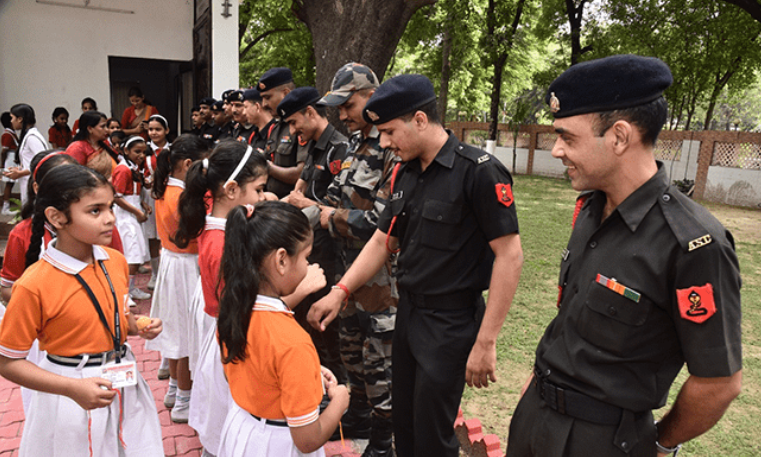
Criticizing Delhi Police for giving ‘incorrect’ replies to RTI queries on the usage of face-detection technology, the CIC has directed Delhi Police to furnish revised responses seeking information about its use in the investigations of northeast Delhi riots, other cases.
Criticizing Delhi Police for giving “patently incorrect” replies to RTI queries on the usage of face-detection technology, the Central Information Commission (CIC) has directed Delhi Police to furnish revised responses seeking information about its use in the investigations of northeast Delhi riots, other cases.
The CIC said responses given by the Delhi Police suffer from “legal infirmities” and indicate “no application of mind”.
The commission asked the Delhi Police to give revised responses about its use of face-detection technology in investigations, the accuracy rate of the technology, the database referred for comparison, and if this technology was used in probing the northeast Delhi riots, among other cases.
Chief Information Commissioner Y.K. Sinha said in his ruling, ” In view of the patently incorrect application of the provisions of the RTI Act, 2005 by the respondent public authority (Delhi Police) in all the instant cases, the PIO is warned to be careful in handling RTI applications in future.”
“…the provision of section 8(1)(d) of the RTI Act, 2005 should not have been invoked to deny information as it is not likely to adversely impact the competitive position of a third party. Thus, the replies given by the PIO and incorrectly upheld by the FAA’s order suffer from legal infirmities and indicate no application of mind by either the PIO or the FAA,” Sinha added.
Petitioner Anuskha Jain had filed three RTI applications in which he had sought to know about the use of the technology in the investigation of cases and traffic management by the Delhi police.
But the Delhi Police denied sharing the information regarding the use of face-detection technology citing a section from the Right to Information (RTI) Act that exempts disclosure of records related to commercial confidence, trade secrets or intellectual property, the disclosure of which would harm the competitive position of a third party.
The petitioner also wanted to know if the Delhi police had any done assessment regarding the impact on privacy before it started using the facial-recognition technology.
Regarding the use of technology in traffic management and enforcement, the applicant wanted to know about the legislative framework, rules, guidelines and policies governing the use of the intelligent traffic management system. The applicant also wanted to know the total number of CCTV cameras installed in the city, the locations of these CCTV cameras, signboards informing people that they are being filmed and the funds spent on this operation.
The applicant wanted to know if the data and the metadata collected by the CCTV cameras are encrypted. She also wanted to know the brand names and models of the CCTV cameras used in the traffic management system, and the names of individuals and organizations authorized to get access to the data of the intelligent traffic management system under the scheme.
In a separate RTI application, the applicant had also asked if the facial-recognition technology was used in the investigation of 750 cases related to the northeast Delhi riots.
She also wanted to know the IPC and CrPC sections under which the data would be made admissible in a court, the referral database and if the technology was used in cases other than the February 2020 riots.
This article first appeared on livemint.com






